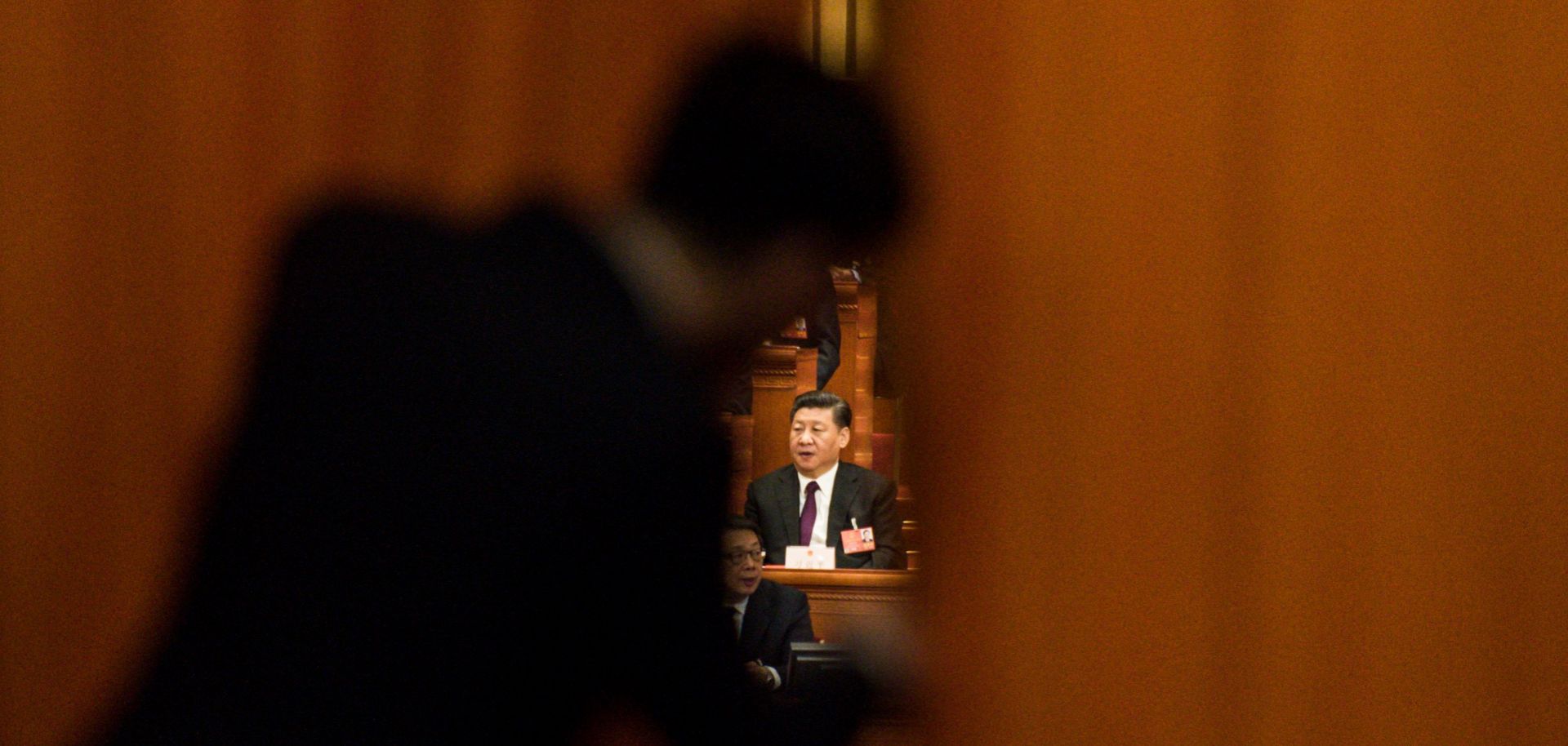GLOBAL PERSPECTIVES
China's National People's Congress Confirms the Era of Xi

Mar 22, 2018 | 16:44 GMT

(FRED DUFOUR/AFP/Getty Images)
Highlights
- In the wake of the 13th National People's Congress of China, President Xi Jinping and Vice President Wang Qishan will have the option to stay in office for life.
- Xi's steady consolidation of power marks a return to one-man rule in Chinese politics.
- Though the current president arguably commands more authority than almost any other leader in the history of the People's Republic of China, his chief objective is the same as that of his predecessors: to preserve the power of the Chinese Communist Party.
Subscribe Now
SubscribeAlready have an account?
